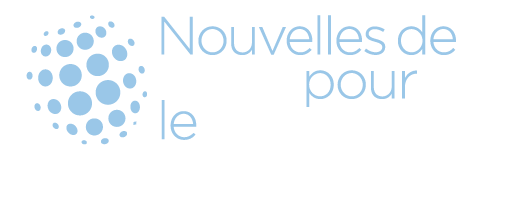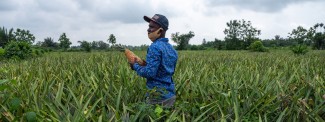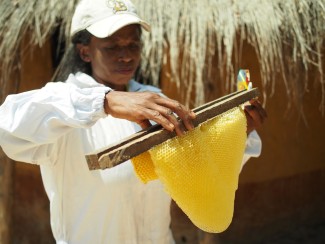Avertissement
Any views and opinions expressed on Trade for Development News are those of the author(s), and do not necessarily reflect those of EIF.
License
All of the content on Trade for Development News is licensed under a
Creative Commons Attribution-NonCommercial-ShareAlike 4.0 International (CC BY-NC-SA 4.0) license. This means you are welcome to adapt, copy and share it on your platforms with attribution to the source and author(s), but not for commercial purposes. You must also share it under the same CC BY-NC-SA 4.0 license.
If you would like to reuse any material published here, please let us know by sending an email to EIF Communications: eifcommunications@wto.org.
If you would like to reuse any material published here, please let us know by sending an email to EIF Communications: eifcommunications@wto.org.


